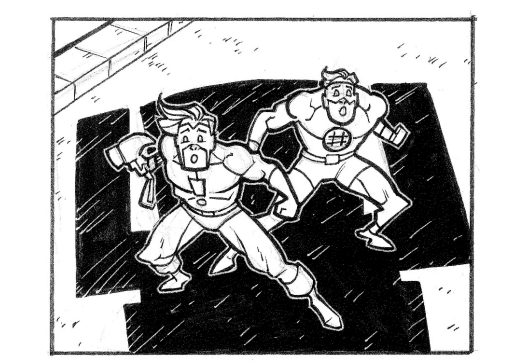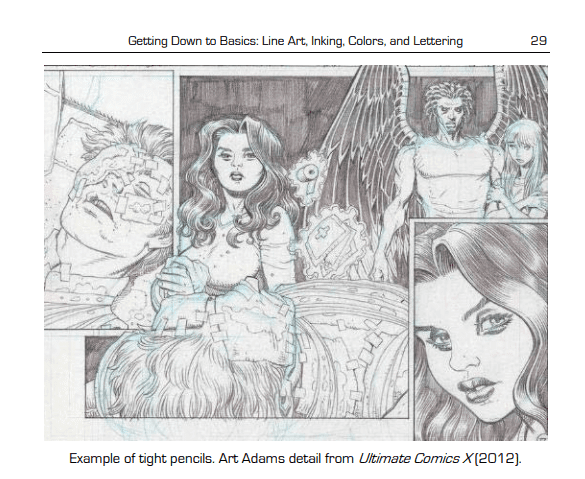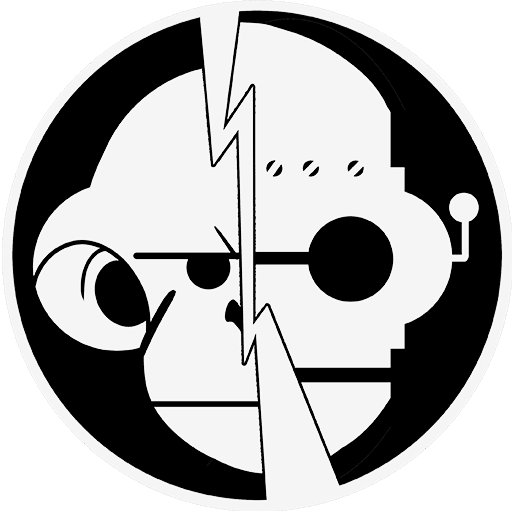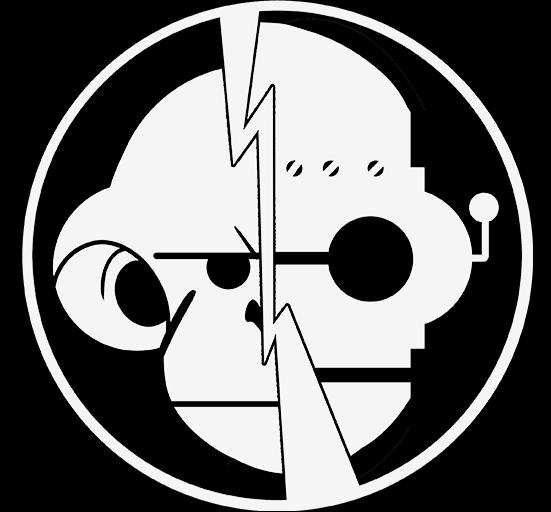While discussing the links between film and comics in the new book How to Analyze and Review Comics, Jason Kahler notes that ‘film criticism has evolved over the course of over a century, and comic book criticism is still largely in its infancy,’ (pg 112). Despite the fact that comics have, even in their modern state, been around as long as cinema, the recognition and respect given to the latter artform has taken longer to be applied to comics. Although a number of scholars across the globe have taken an interest in the artform, Kahler’s statement is true. One of the main reasons for this, or perhaps a symptom caused by lack of interest, is the absence of recognized terminology. Literature, Theatre, and Cinema, have all adopted ways of talking about their artforms that, at this point, are excepted across the board, meanwhile you can still find people on Twitter engaged in the balloon/bubble argument when it comes to comics.
Academic writing on comics tends towards the adoption of other media terminology, as do many critics and online reviewers. This makes it simpler for the general public to consume because they are more familiar with these terms. A prime example of this is Hilary Chute’s early essays on Comics Studies where she attempts to pacify a mostly literary audience by discussing comics in literary terms*.
There is, however, a recent shift away from dual discipline approaches towards a singular Comics Studies field of study and a need for more consistency in the way people write about the format. This is where books like How to Analyze and Review Comics: A Handbook on Comics Criticism, published by Sequart, become useful tools.
MFR ON YOUTUBE (latest video)
Help us reach 5K Subs!

The book is edited by Forrest C Helvie, who has previously written a number of essays relating to a wide range of comics and comics issues, and includes contributions from writers that will be familiar to a number of people reading this. Sarah Cooke, Michael Moccio, Ryan K Lindsay, and Hassan Otsmane-Elhaou join others in covering an impressive range of subjects, from craft to terminology, and from history to theory. There is even an essay on podcasting and one on web-comics, a format that is changing the way comics are viewed and consumed. Each of the different writings has its own style and the author’s voice is more present in some than others. Take Kahler and Sharar’s Comics and Cameras chapter as an example: Kahler’s writing style is informal with a touch of humor that is accentuated by Sharar’s drawings. Instead of selecting images published elsewhere, the two create their own characters and out of context panels to help make their point. While being entertaining, it also allows them to express their ideas succinctly by creating specific examples to relate to.
Some of the topics in the book may seem like familiar territory but additional perspectives can help clarify and cement ideas. Scott McCloud’s seminal book** is a great starting point to understanding comics, but by itself it is not enough to build a complete lexicon of knowledge. Different voices, and even more modern takes on the form, are important, especially if the reader in question is critiquing other people’s work. It is not enough to simply read comics, you have to understand the structure and history behind them, recognize the cultural significance, and be able to see beyond the character, publisher, or creators names. As Becky Cloonan says in the book, ‘you have to be able to look beyond your own opinion. [..] Familiarize yourself with the language and syntax of art and comics, and it will boost your appreciation and understanding of the medium.’ (page 81)

Some of the essays in this collection may be less appealing based on personal research and study topics or requirements, but this is the nature of anthology books. However, even where the topic may not be of immediate concern each essay has something to say about comics as a culture and an artform. There are subtle links between the different chapters that will make you hop around in the book in an attempt to relate the history of comics to artistic style and then to cultural relevance. Modern superhero comics did not simply spring into existence but are a product of society, technology, and artistic temperaments just like the growth of any artform, as David Lewis explains, ‘The latest comic book out in the shops comes after decades in the making, with the history, economics, politics, and personalities of a professional industry, not to mention a whole nation, informing it.’ (page 150)
Literature and Art are taught in schools and there are thousands of degree courses in media studies and Cinema. Theatre and Dance require a level of education to understand and appreciate and yet, comics are only just beginning to receive the same treatment. Books like How to Analyze and Review Comics can help that education and should be part of anyone’s library who is interested in studying or critiquing comics. Sequart has produced a book with a balanced selection of topics and a wonderful range of voices to discuss the various concerns of comics culture. Each chapter gives you enough insight into a particular field of discussion but will also lead you to further study and more books and journals. Too much information is never a bad thing, but sometimes it’s difficult to know where to start. In that respect, Sequart have you covered. If you have any interest in studying or writing about comics, How to Analyze and Review Comics is a must-have for your shelf.
*See Hillary Chute’s “Comics as Literature? Reading Graphic Narrative.” published in PMLA, vol. 123, no. 2, 2008, pp. 452–465.
** Scott McCloud’s Understanding Comics: The Invisible Art originally published by Tundra Publishing in 1993

